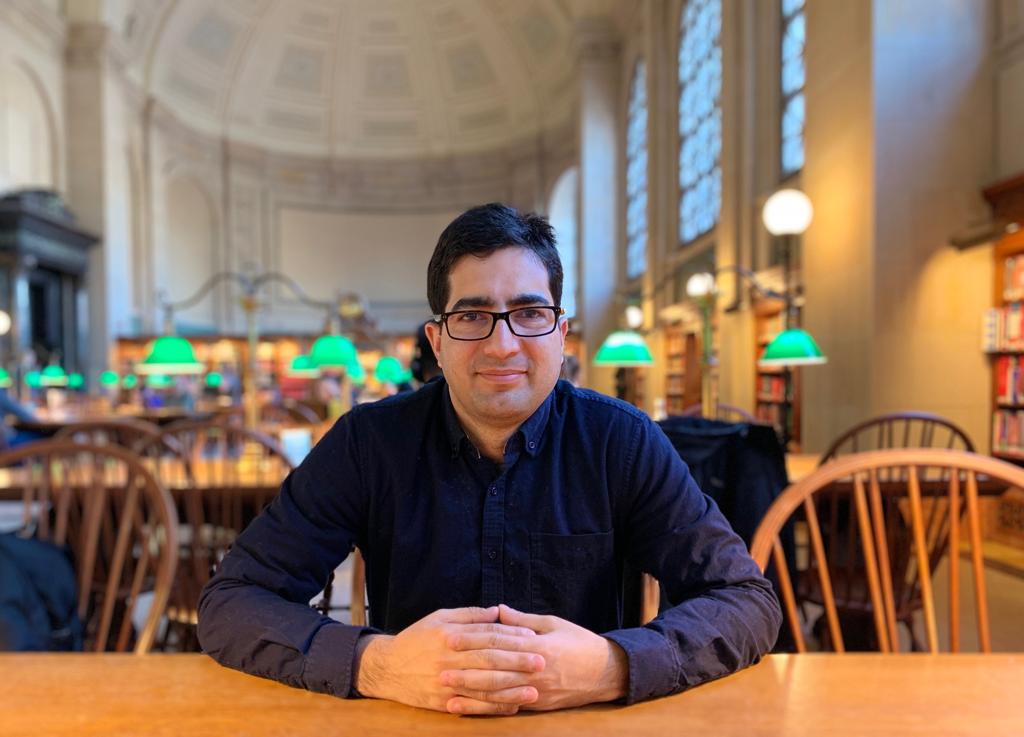Can add value to politics by using my experience as a civil servant: Shah Faesal

It would be safe to say that ever since Shah Faesal cleared the Union Public Service Commission exams nearly a decade ago, his every move and statement has been analysed endlessly by people both within and outside Kashmir. Long used as an example for Kashmiri youth, Faesal looked set in his bureaucratic life until earlier this week, when he announced that he was resigning from his job and would join politics. How this move works out remains to be seen, but the reasons cited in his Facebook post are ample evidence that he had been mulling over this move for a long time. In an emailed interview with TwoCircles.net’s Auqib Javed, Faesal explains how he plans to work in Kashmir and what are his future goals. Excerpts:
1. What difference you are going to make in politics? How will you succeed where others have failed?That’s a very pessimistic way to look at things. I don’t think everyone has failed. Politics is a great instrument of change. I think I can add value to politics by using my experience as a civil servant.
2. As a Politician, you can do a lot more for people than being an IAS officer. What will be your plans, how you are going to make a difference?
Politics has a wider canvas. We not only get to work for the people but also speak for them.
3. People in mainland Indian might feel that your resignation might be an indication of you supporting the anti-India narrative in Kashmir. What will be your response to them?
I support the people’s narrative. There is nothing like an Anti-India narrative.
4. Your statements as a civil servant mattered and made headlines, now your every statement will be seen like any other politician. How will your voice matter?
It was untenable to speak all the time as an officer. I am sure I can strike the right chord with the youth. There will always be an audience for what I speak as long as I speak sense.
5. You have cited quite emotional reasons for your decision in your Facebook post. Does joining politics change any of those concerns?
These are all political challenges and can be fought back politically.
6. When were you first approached by National Conference and what was your first reaction?
Omar Sahib has been very gracious. He encourages me not because he wants me in his party. The NC never approached me.
7. How do you think politics will help? Did you feel helpless as a bureaucrat?
Politician and the bureaucrat work in the same public space. Both do the same kind of work. Developmental work mainly. Politics then, in addition, is about the joy of representation and action at the grassroots level.
8. How can the Kashmir issue be resolved?
I am not here to prescribe any solutions. My point is that we need to create conditions for the solution to be discussed. Demilitarisation, repeal of harsh laws, release of political prisoners etc can be as the really important confidence-building measures.
